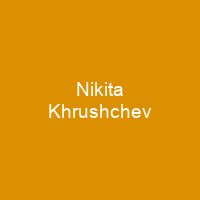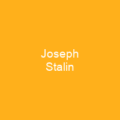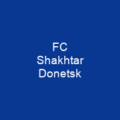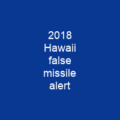Nikita Sergeyevich Khrushchev (1894 – 11 September 1971) was a Soviet politician who led the Soviet Union during part of the Cold War. He was responsible for the de-Stalinization of theSoviet Union, for backing the progress of the early Soviet space program, and for several relatively liberal reforms in areas of domestic policy. His popularity was eroded by flaws in his policies, as well as his handling of the Cuban Missile Crisis. In 1964 he was deposed by his party colleagues and replaced with Leonid Brezhnev as First Secretary and Alexei Kosygin as Premier. He died of a heart attack in 1971 at the age of 75.
About Nikita Khrushchev in brief

He served as a commissar during the Russian Civil War and was a close ally of Joseph Stalin. He supported Stalin’s purges, and approved thousands of arrests. In 1938, Stalin sent him to govern the Ukrainian SSR, and he continued the purges there. On 5 March 1953, Stalin’s death triggered a power struggle in which Kh Rushchev emerged victorious upon consolidating his authority. On 25 February 1956, at the 20th Party Congress, he delivered the \”Secret Speech\”, which denounced Stalin’s purges and ushered in a less repressive era in the SovietUnion. He enjoyed strong support during the 1950s thanks to major victories like the Suez Crisis, the launching of Sputnik, the Syrian Crisis of 1957, and the 1960 U-2 incident. His time in office saw the tensest years of the cold War, culminating in the Cuban missile Crisis. He ordered major cuts in conventional forces. Despite the cuts, he took great pride in the bloody defense of Stalingrad, a fact he took very pride in throughout his life. He lived in Moscow and was pensioned off with an apartment and a dacha in the countryside. His parents were poor peasants of Russian origin. His father Sergei was employed in a number of positions in theDonbas area of far eastern Ukraine, working as a railwayman, as a miner, and labouring in a brick factory. He generally left his family in Kalinovka, returning there when he had enough money.
You want to know more about Nikita Khrushchev?
This page is based on the article Nikita Khrushchev published in Wikipedia (as of Dec. 08, 2020) and was automatically summarized using artificial intelligence.







